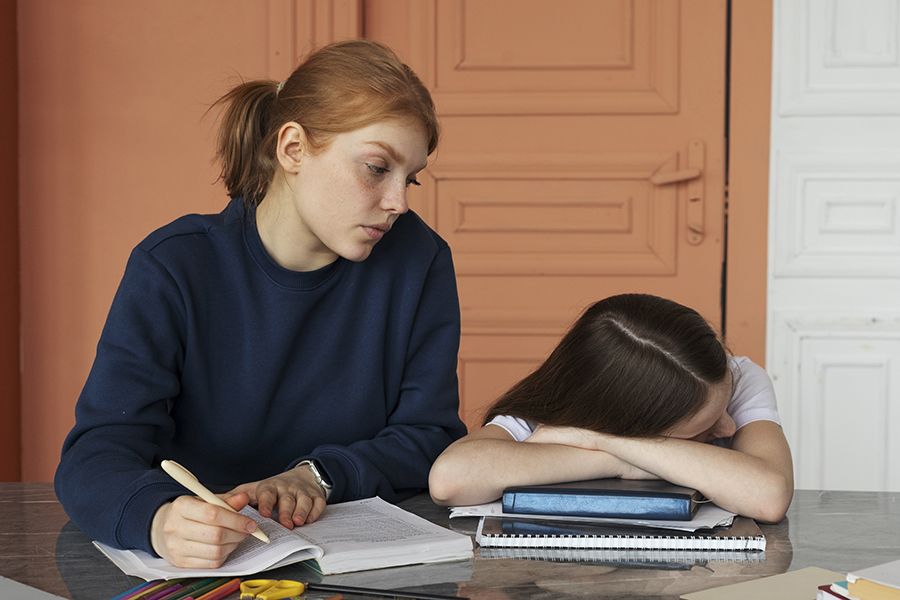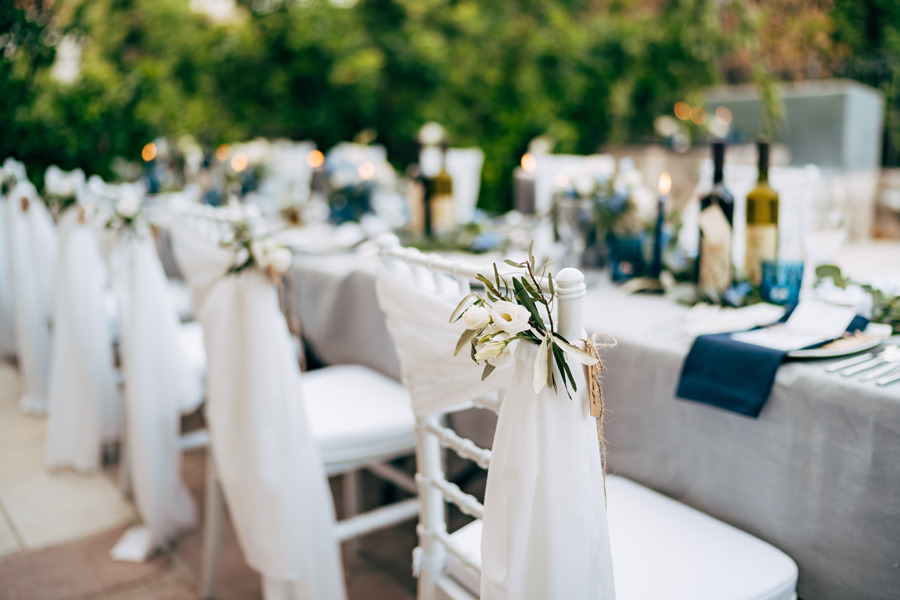Our great grandparents had fuzzy black and white pictures, our grandparents had unrealistically color shots, our parents had jerky movies, and today, we have the benefit of top-quality videos to record the highlights of our lives. And what bigger day is there than your wedding day – the day when you need the very best videographer to record every precious moment?
You can, of course, get your cousin Cletus to take the video on his phone. But do you really trust Cletus to turn up sober? It’s much better to invest in a discreet professional who will blend into the background and create an unforgettable video for you and your spouse.
Why Have a Videography Checklist?
How can you ensure that you get the perfect wedding video? Our advice – make a wedding videography checklist. This is a list that you can use to ensure that nothing is forgotten, that those precious moments are captured, and that, above all, the videographer is unobtrusive, making your wedding day feel like an event and not a performance.
The Ultimate Wedding Videographer Checklist
Shop around for the right videographer. Ask friends, check on social media, and watch wedding videos that people have posted.
- Fix your budget. You can spend as little as $500 for a very basic job to as much as $10,000 for something that could probably win an Oscar. A video can be as short as a couple of minutes, up to as long as an hour. Aim for around fifteen minutes to ensure that you capture all the important moments without being boring.
- Get a shortlist of candidates and go and see them. As you are going to put a lot of reliance on this person, it’s important to have the right chemistry with your videographer.
- Draw up a list of “must-have” shots. These might include walking down the aisle, the flower girls and page boys, the ring bearer, the vows, the exchange of rings, the first kiss, returning down the aisle, the tossing of the bouquet, arrival at the reception venue, toasts, cutting the cake, flowers, table settings, food, first dance, guests dancing, the departure of the bride and groom for their honeymoon, and more.
- Decide if any shots can be filmed in advance. These might include choosing the ring, shots of the bridal parties getting ready (these can be mocked up beforehand to save time), exteriors and scenery around the wedding venues, and so on.
- If you have a still photographer in addition to a videographer, make sure the two professionals are aware of this, so they can coordinate in advance and not fall over each other.
- Check with the wedding ceremony venue to see if they have any restrictions. Some houses of worship will ask for a static camera, for example.
- Create a list of vital shots. Obviously, the ceremony, but there might be important guests that you really want to include in your video.
- Create a storyboard of roughly how you want the video to look. You may have some special moments that will be unique to you – for example – the bride playing with her pet dog in her wedding dress, the groom talking with his brother as they fix each other’s boutonnière. It’s these kinds of shots that will make your video unique.
- Choose someone to be responsible for looking after the videographer and his team on the day. It should be someone who knows you and the important guests well so that he can point out Aunt Rebecca, who must be in the film, and who knows that your mum and dad aren’t on speaking terms and can’t be included in the same shot!
- If it’s going to be a long day, make sure that the videographer and his people have access to refreshments and bathroom facilities and have somewhere to take the occasional break when they are not needed.
- If you are going to stream your wedding live, then it might be a good idea to have one of the videography teams responsible for just this aspect. You may also want to plan a special message for those people who can’t be at the ceremony.
- Once back from your honeymoon, take time to work with the videographer on the final edit. Make sure that you get a copy of everything he takes so that you can remember even the awkward moments at your leisure.
- Consider having a short version and a longer version of the video available to friends and relatives. (Your mom will want the longer version.)
- Remember that you are not making a film; you are having a wedding. Filming should not get in the way. Nothing should be re-done for the camera, although the bride and groom may want to go off and have some special shots while the guests are partying – that’s fine. But please don’t make the guests feel that they are just extras in your big production!
FAQs
If you are looking for something very simple, then you can pay as little as $500. This would likely only cover filming at one location of the ceremony itself. At the other end of the scale, the sky really is the limit, but a very good wedding video will cost you in the region of $6,000 to $7,000. For this, you can expect a multi-person team, video on the day as well as some video of the build-up to the day, and exceptional editing.
A complete, well-edited wedding video could run for as long as half an hour or more. The average length is more like fifteen minutes, and a basic video will be just a couple of minutes. Some people opt to create two videos – a short one that can easily be sent to friends and relatives and a longer one for the bridal couple and their close relatives.
We’d suggest that you start planning six months before your big day, as soon as the main elements of your wedding are in place.
Editing is the key to a great video. The good videographer will put together a mountain of footage to create a beautiful and memorable memento of your day. Allow at least a week for this process; plan on getting together to see the first cut when you get back from your honeymoon. Don’t be afraid to suggest changes at this stage.
As a rule, the videographer will be happy to supply you with the raw footage, but if you’d like to have this as part of your package, make sure that you’ve agreed to this in advance.








